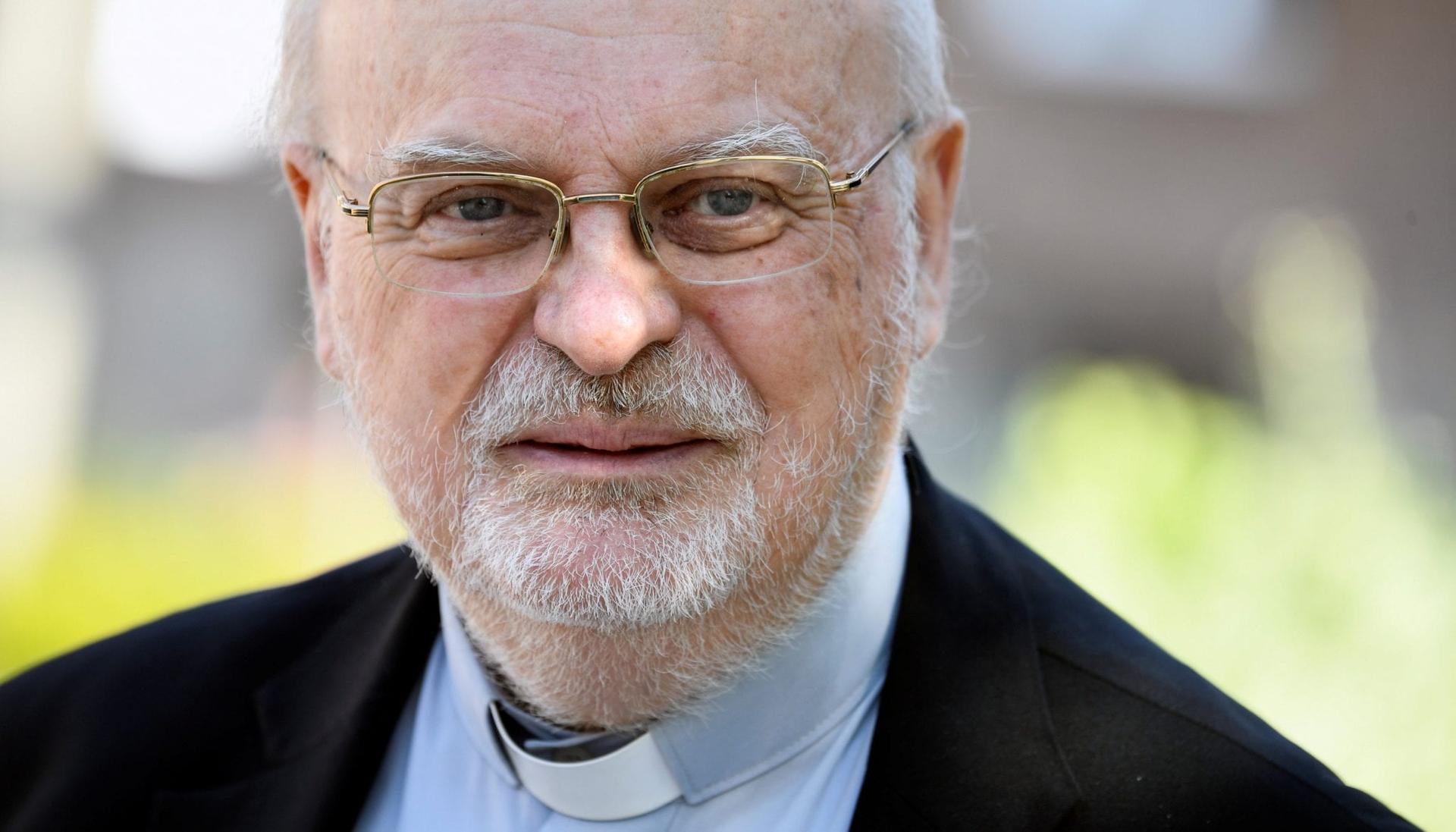NEW YORK — For decades, Sweden has been known as one of Europe’s most refugee and migrant-friendly countries. In recent years, however, a surge of new arrivals has caused the country to tighten its policies, which has received consistent pushback from the country’s small yet vocal Catholic minority.
It’s been just over a year since Cardinal Anders Arborelius received his red hat from Pope Francis, in what was then viewed as a surprise. It was a quintessentially-Francis-like move, creating a cardinal in a country that is officially Lutheran and has only a tiny Catholic population.
As bishop of Stockholm, Arborelius has been a long-time champion of interreligious dialogue and welcoming immigrants and refugees. In a new interview with Crux, he describes the ongoing challenge of migration in Europe and why he believes Francis’s vision — and the values of the Gospel — can penetrate even the most hardened of hearts.
Crux: Across the European continent support for migrants and refugees appears to be political suicide, yet Pope Francis continues to preach a message of welcoming the stranger. Do you believe he has any real political partners on the European stage? And do you feel that the tensions over this issue could lead to the eventual collapse of the European project?
Arborelius: Pope Francis has a prophetic voice and task in the Europe of today. Maybe there are not many political partners who follow him totally, but people of all creeds and opinions are listening to him, so there is always a possibility for him to help people open up for a more positive outlook on migration.
I do not think that the entire European project is in danger, but somehow we see that every nation is eager to follow its own policy in these matters.
For a long time Germany has been a critical player in more open policies toward refugees and immigrants. Do you believe the recent decision by Chancellor Angela Merkel to tighten the country’s asylum policies is a refutation of the Schengen agreement that guarantees free movement across national borders within the Continent?
It might be too early to see all the consequences of this decision. Still, we have to accept that the entire agreement seems to be questioned all over Europe.
In being made a cardinal, you’ve said you believe it’s Francis’s way of recognizing the role Sweden has played in welcoming migrants. However, recent changes to government policy has made it more difficult, especially to reunite families. How is the local Church working to resist these efforts?
It is true that Sweden, like so many countries, has changed its attitude and it is much more difficult for refugees to enter the country. I am sorry that Sweden’s policy is not as positive as Pope Francis thought.
Together with all the 29 other denominations within the Christian Council of Sweden, we try to influence the politicians and the public in order to favor the reunification of families, but it is not easy. I have also received a personal threat from a nationalistic group, and so have other Church leaders.
When you survey the global landscape, Europe, the United States or elsewhere, there are massive populist and nationalist forces to be reckoned with. Are you optimistic that this can shift, and what’s your advice to Catholics looking to resist such tendencies?
It is true that these movements have received a lot of support, but we also know that political opinions change rapidly. Even if the Church does not enter directly into the debate among political parties, the proclamation of the Gospel has its own force even in a secular society. We know that people of different backgrounds still listen to the Holy Father and there are sometimes more open minds than we think. Personal witnesses and stories about persecution and suffering can still move the hearts even of politicians opposing immigration.
Sweden is notoriously secular, but do you believe the Church’s example of serving as a place of welcome is a part of a witness to the faith that can make the Gospel attractive and therefore, in some sense, evangelical?
Actually, Sweden is not as secular as people think. Many people are open to the values of the Gospel, even if they are not churchgoers.
The arrival of many refugees who were helped by parishes of different denominations has made a great impact on many other people. Still today, even politicians who have different opinions are full of admiration for the zeal of Christians who try to help refugees and other migrants.
There is always hope when people try to open up to the values of the Gospel.


















